IVF Services – Your Gateway to Parenthood
Turning parenthood dreams into reality with expertise and compassion
What is IVF?
In Vitro Fertilization (IVF) is a widely recognized assisted reproductive technology (ART) that has helped countless couples overcome infertility challenges. The process involves fertilizing an egg with sperm in a controlled laboratory environment to create an embryo, which is then transferred to the woman’s uterus for implantation. IVF offers hope to those struggling to conceive naturally and is a proven, effective solution for a variety of fertility issues.
Bud IVF is committed to offering cutting-edge IVF treatments in a compassionate and supportive environment, giving every couple the best chance of success.
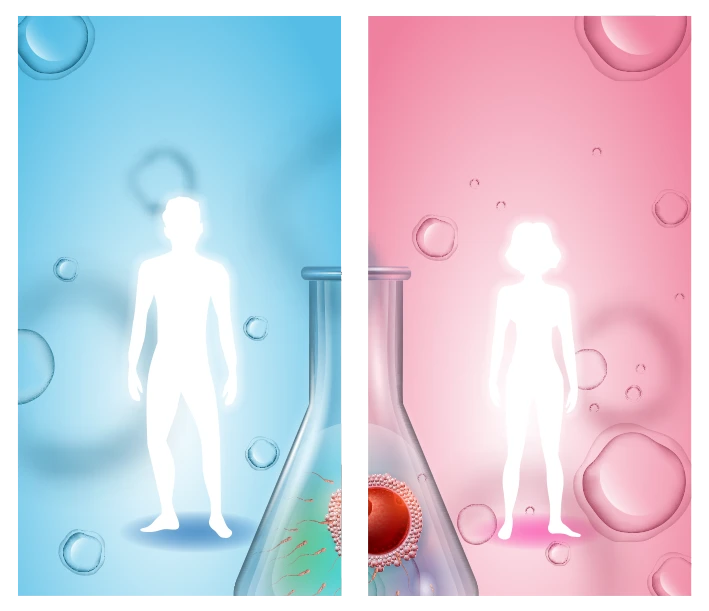
Who Should Choose IVF?
Blocked or Damaged Fallopian Tubes
If the fallopian tubes are damaged or blocked, the egg cannot meet the sperm for natural fertilization. IVF bypasses the fallopian tubes entirely, making it an effective treatment for such conditions.
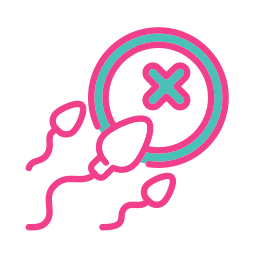
Male Infertility Factors
Low sperm count, poor sperm motility, or abnormalities in sperm shape can significantly reduce the chances of natural conception. IVF, combined with techniques like ICSI (Intracytoplasmic Sperm Injection), can overcome these challenges by directly injecting a healthy sperm into the egg.

Unexplained Infertility
In some cases, despite thorough testing, no clear cause of infertility can be identified. IVF provides an advanced solution, increasing the chances of conception through controlled and optimized fertilization processes.
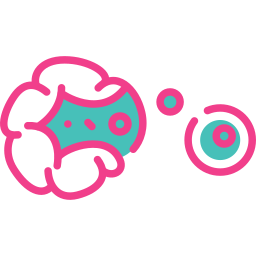
Women with Ovulation Disorders, Including PCOS
Polycystic Ovary Syndrome (PCOS) or other ovulation disorders can disrupt the natural release of eggs. IVF, paired with ovarian stimulation, ensures the availability of healthy eggs for fertilization.
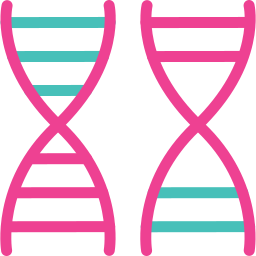
Couples with Genetic Conditions
IVF can be combined with Preimplantation Genetic Testing (PGT) to screen embryos for genetic abnormalities, reducing the risk of passing on hereditary conditions and increasing the chances of a healthy pregnancy.

Endometriosis
Women with endometriosis may experience difficulty conceiving due to the condition's effects on ovarian reserve, egg quality, or the uterine environment. IVF provides a focused solution, bypassing many of the challenges posed by endometriosis.

Women with a History of Recurrent Miscarriages
Recurrent pregnancy loss can be devastating. IVF enables careful monitoring and selection of healthy embryos to maximize the likelihood of a successful and sustainable pregnancy.
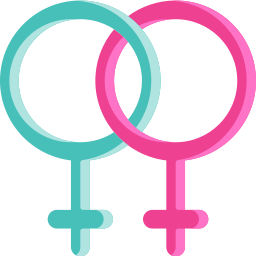
Same-Sex Couples or Single Women
IVF can be a boon for same-sex female couples or single women who wish to become parents, IVF with donor sperm can be an option for achieving pregnancy.
Whether you are facing one or multiple challenges, Bud IVF is here to guide you with personalized care and expert solutions tailored to your unique needs.
The Step-by-Step Process of IVF
Success Rates & Factors That Affect IVF Success
At Bud IVF, we are proud to achieve some of the highest IVF success rates in Delhi/NCR. However, several factors can influence the outcome:

Success rates decline with age due to decreased egg quantity and quality. Women under 35 tend to have higher success rates compared to those above 40.
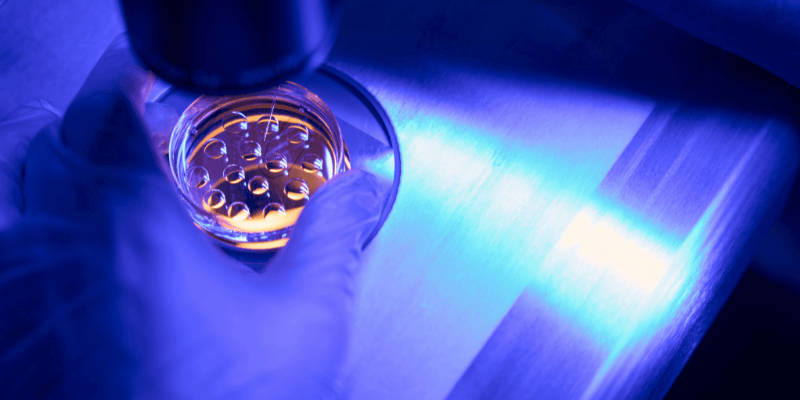
The health and genetic integrity of the eggs and sperm play a critical role in creating viable embryos. Advanced techniques like ICSI can address specific challenges in sperm quality.
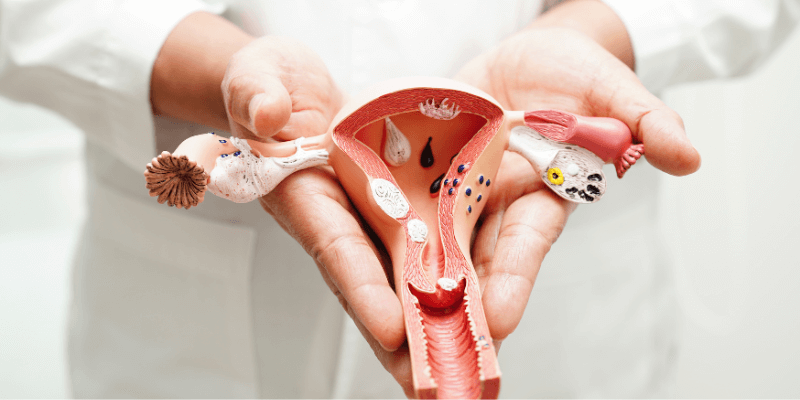
A healthy uterine lining is essential for successful embryo implantation. Conditions like fibroids or endometriosis may need to be treated before starting IVF.
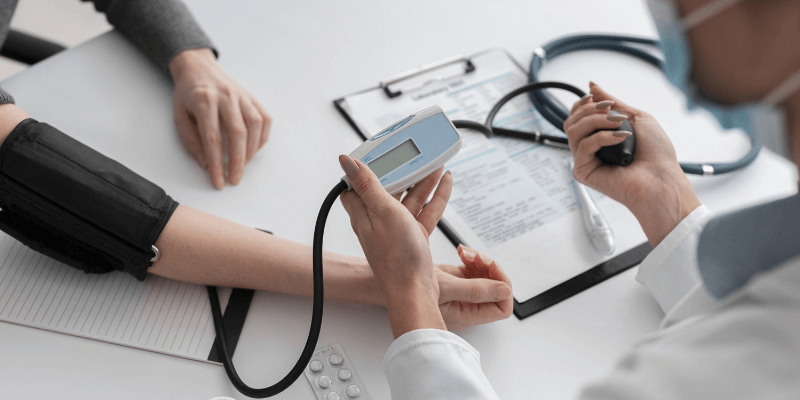
Pre-existing conditions like thyroid disorders or diabetes can impact success rates. Managing these conditions is vital during the IVF process.

Smoking, alcohol consumption, obesity, and stress can negatively impact fertility. At Bud IVF, we provide guidance to help patients make lifestyle changes that enhance their chances of success.
Our specialists work closely with each patient to optimize these factors, maximizing the likelihood of a successful outcome.
Risks Involved in IVF
Excessive response to stimulation medications can cause symptoms like bloating and discomfort. At Bud IVF, we use advanced protocols to minimize this risk.
If more than one embryo is transferred, there is a higher chance of twins or triplets, which can lead to complications. We recommend single embryo transfers (SET) wherever possible to reduce risks.
In rare cases, an embryo may implant outside the uterus. Our experienced team monitors each patient carefully to address such complications promptly.
Mild cramping or spotting may occur after egg retrieval. We provide detailed post-procedure care to ensure a smooth recovery.
The IVF process can be emotionally taxing. At Bud IVF, we offer counseling and unwavering support to help patients navigate their journey with confidence.
At Bud IVF, we combine compassion, expertise, and cutting-edge technology to turn your dream of parenthood into reality. Whether you are just starting your fertility journey or have faced setbacks in the past, we are here to provide the support and solutions you need to succeed.
Dos and Don’ts Before Undergoing IVF Treatment
DOs
- Schedule a Comprehensive Medical Check-Up
- Follow a Balanced Diet
- Maintain a Healthy Weight
- Take Prescribed Supplements
- Stay Hydrated
- Manage Stress
- Get Enough Sleep
- Quit Smoking and Limit Alcohol
- Follow Your Doctor’s Instructions
DON’Ts
- Don’t consume alcohol and excessive caffeine
- Don’t skip scheduled tests or appointments
- Don’t engage in strenuous exercise
- Don’t ignore your emotional health
- Don’t take over-the-counter medications without consulting your doctor
- Don’t delay treatment once advised
- Don’t eat too much processed or junk food
- Don’t expose yourself to environmental toxins
- Don’t self-diagnose or experiment with treatments
FAQs
The IVF process typically takes about 4-6 weeks from the start of ovarian stimulation to embryo transfer. However, the exact timeline may vary depending on your individual treatment plan and response to medications.
Success in the first IVF cycle depends on various factors, including age, egg and sperm quality, and overall health. Many couples achieve success in the first attempt, but multiple cycles may be required for others.
While IVF can be performed at various ages, the success rates are higher in women under 35. Beyond 35, egg quality declines, which can impact the success rate. However, with advanced techniques, women in their 40s can also benefit from IVF.
IVF injections may cause mild discomfort or side effects, such as bruising at the injection site, bloating, or mood swings. At Bud IVF, we guide patients to ensure a smoother experience during the medication phase.
Unused embryos can be frozen for future use, donated for research or other couples, or discarded based on your preferences. Our team will guide you through the options to make an informed decision.
